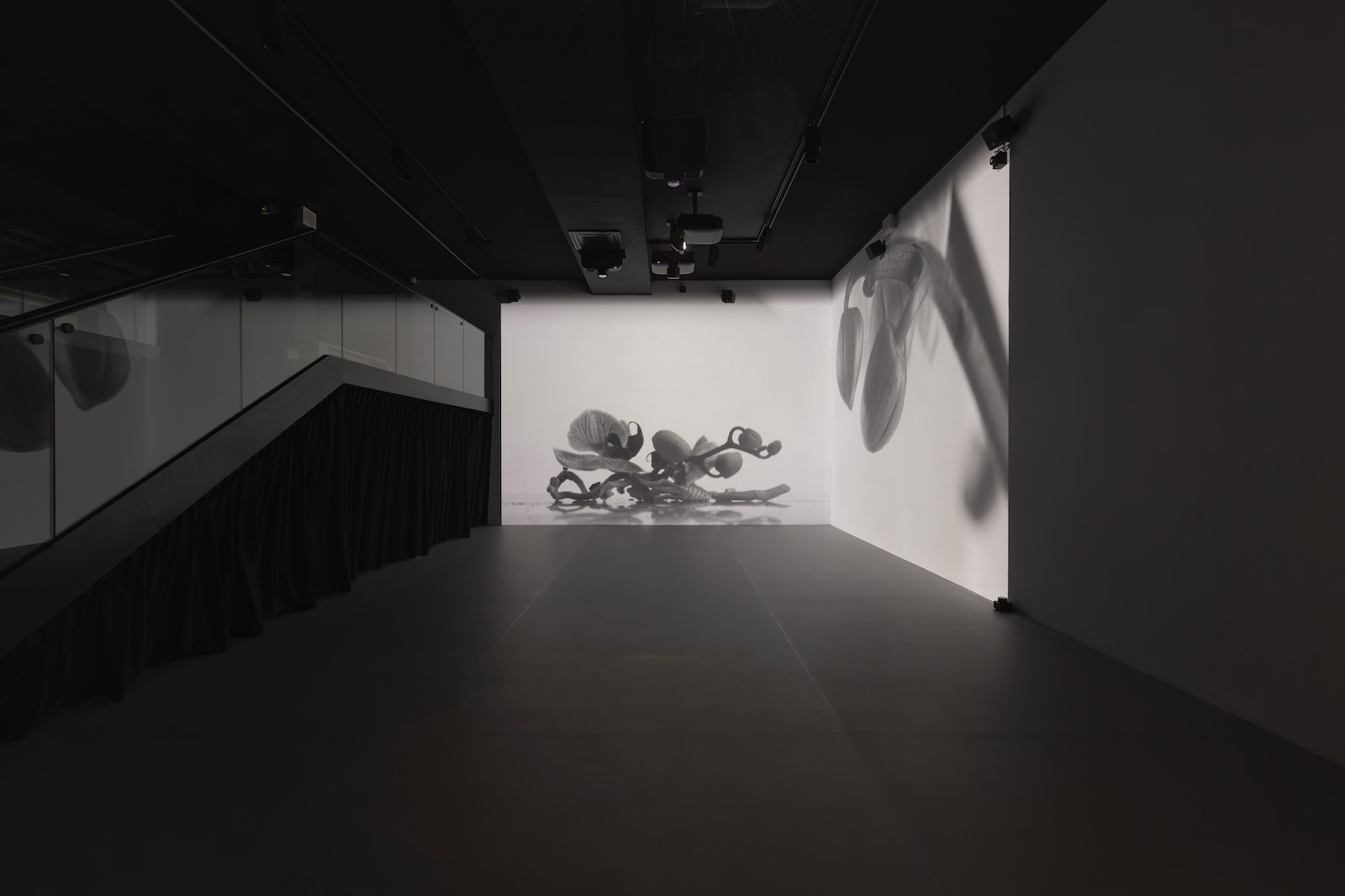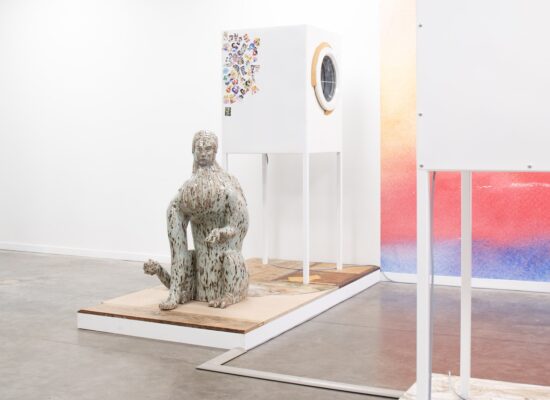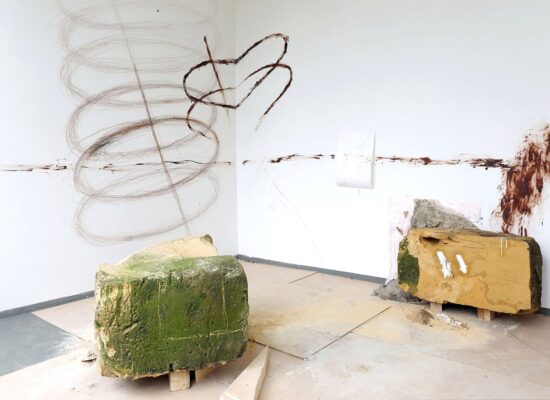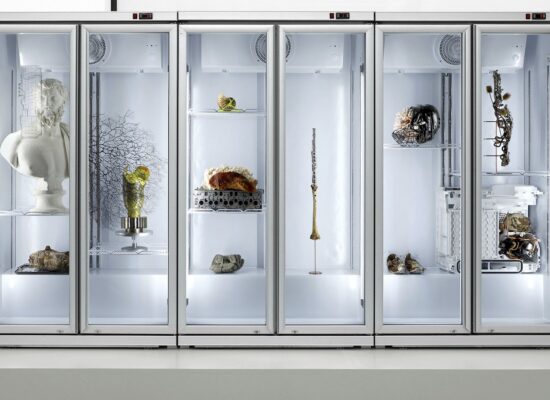How do you describe your own art practice?
Rooted in research, my practice is primarily lens-based, often integrating scientific imaging techniques and performative elements. I often operate within a zone of tension: between poetic precision and systemic critique, as well as what is visible and what remains obscured. I approach space not merely as a setting but as an active component of meaning-making. In my video installations, the spatial arrangement, especially how a body moves through the work, becomes part of the narrative.

digital video, 2’31’’, steel box, vault (I), 2024, digital photograph framed in steel, 100x66,6cm, Struck exhibition at Krupa Art Foundation, Wrocław, 2025, photo by Alicja Kielan
Which question or theme is central in your work?
My work revolves around mechanisms of control and the processes that influence and exploit a vulnerable body. Through a poetic visual language, I analyse restrictive rules and structures imposed within intimate relationships, communities, states, corporations, and towards the natural environment.

photo by Federica di Giovanni
What was your first experience with art?
It was the atmosphere I grew up in. Both of my parents are actors, which meant creativity, literature, performance, set design, collaborative work, and a relationship with the audience were part of my everyday life. I was surrounded by scripts, rehearsals, and stories reshaped in real time. This exposure taught me that art is not only about expression but also about discipline and repetition.
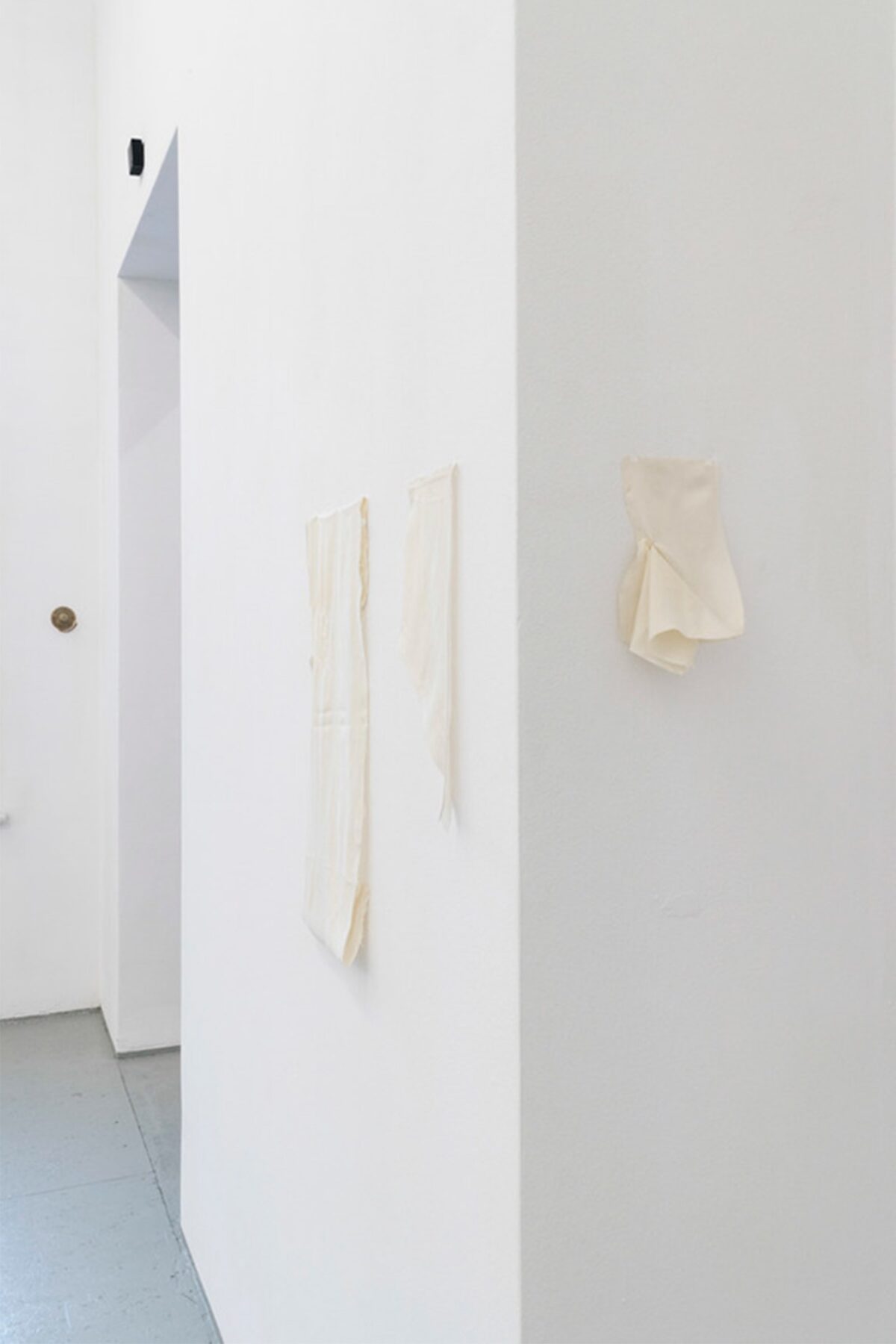
photo by Jan Domicz
What is your greatest source of inspiration?
Cultural texts, visual archives, science, observation, attentiveness, and compassion.
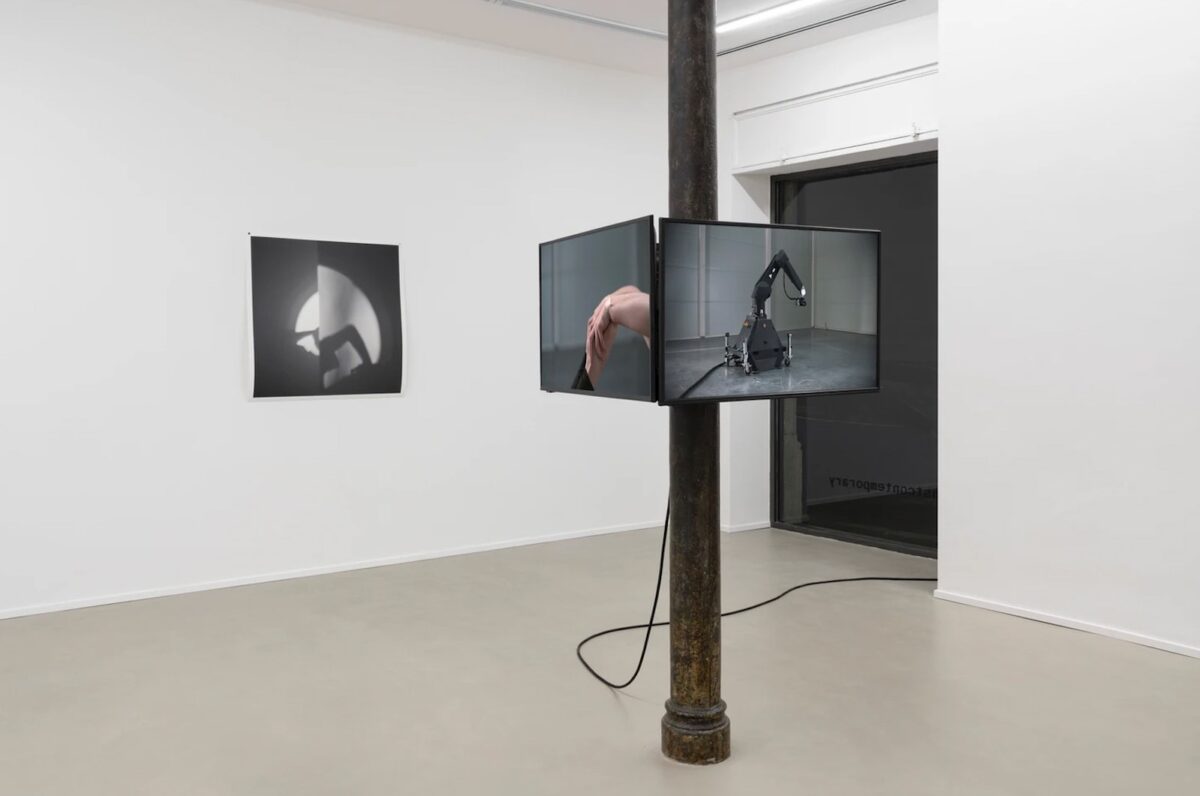
photo by Tiziano Ercoli
What do you need in order to create your work?
A free mind, a clean and silent space, undisturbed time, and thoughtful, supportive collaborators who contribute to the final form.
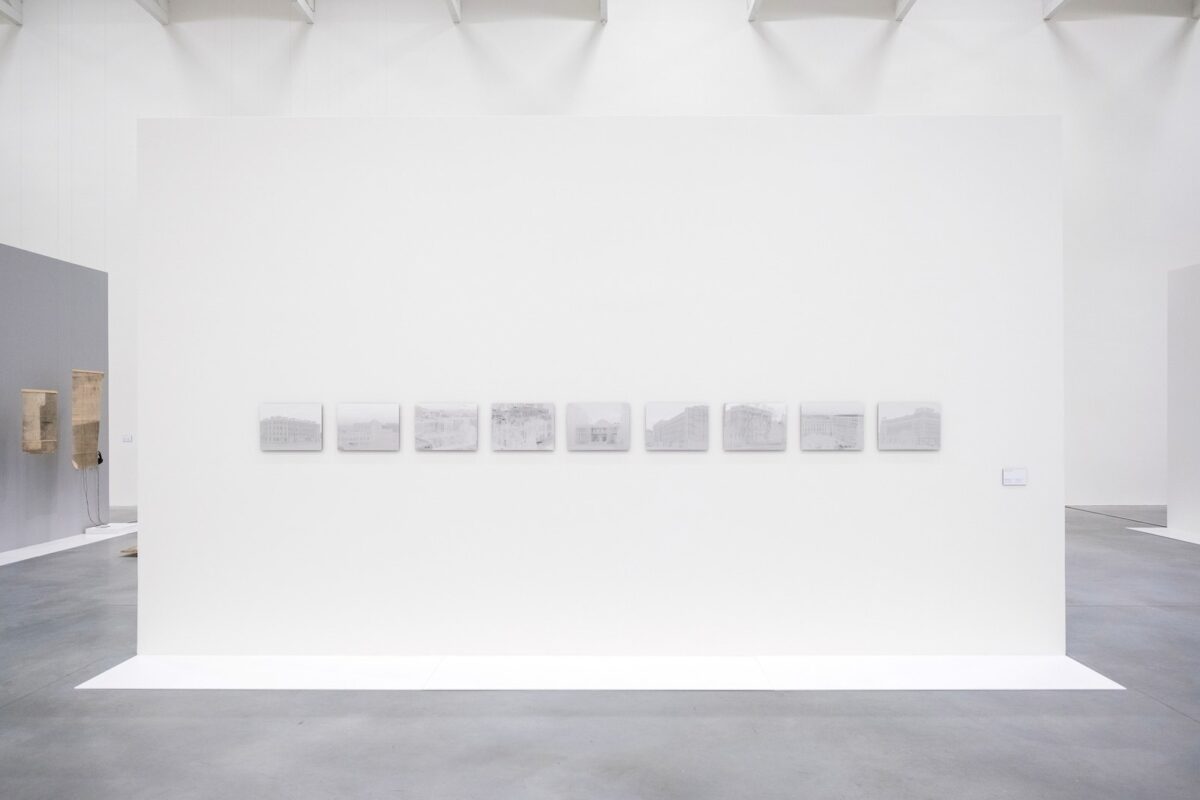
photo by Piotr Litwic
What work or artist has most recently surprised you?
Meriem Bennani’s show For My Best Family at Fondazione Prada in Milan, 2025. I noticed people stayed in the installation space for a long time, listening and watching. A child danced to the rhythm, which showed that the work was accessible, captivating, pleasurable, and impactful — regardless of the audience’s age, knowledge, or experience.

photo by Natalia Symonowicz
